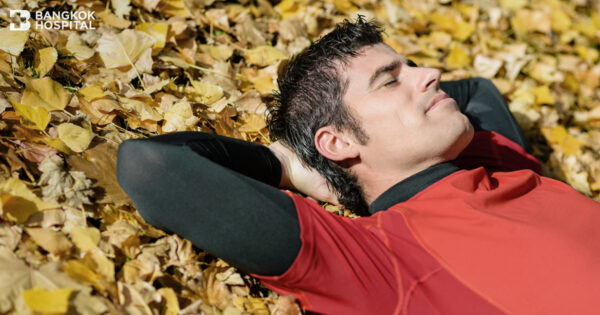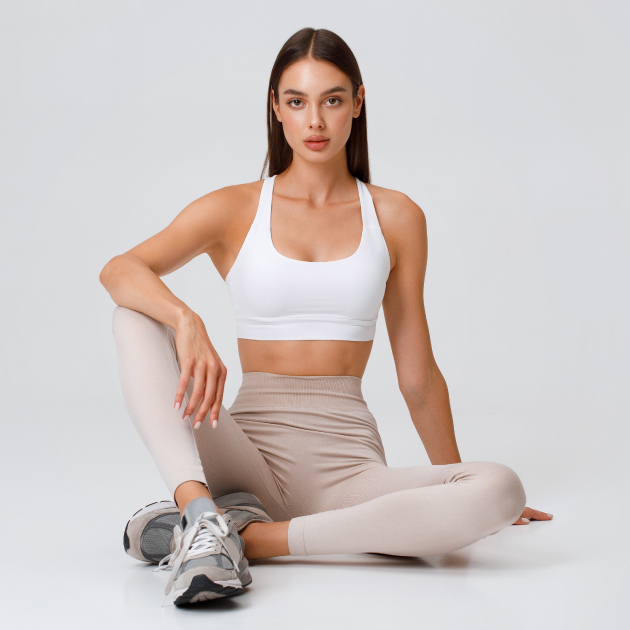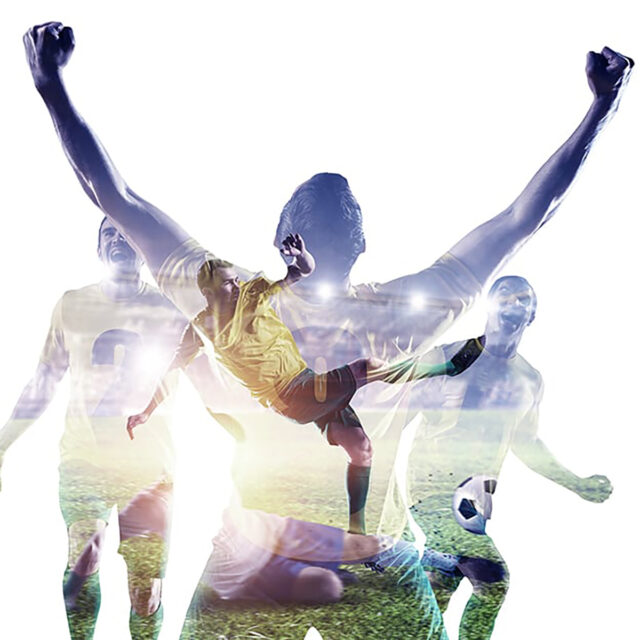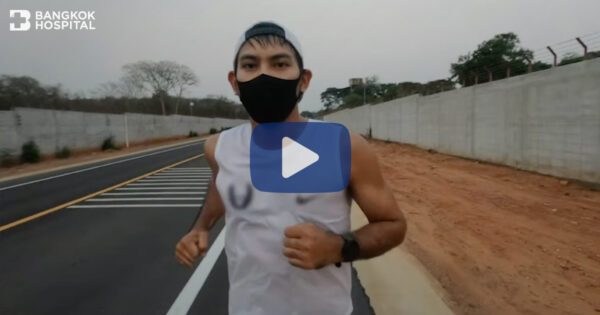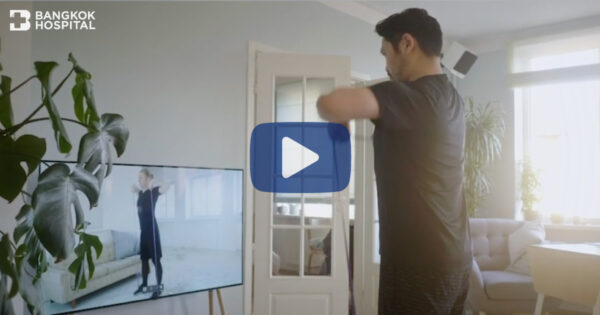Sleep for athletes can be a crucial turning point towards success because if sleep is insufficient or inefficient, it will affect performance in competition, possibly resulting in not being at their best, injuries or illnesses, and slower than needed recovery.
Sleep and Athletes
Many might think that competition and playing sports lead to more sleep for athletes, but did you know that insufficient or inefficient sleep is a common problem among professional athletes due to the effects of stress and pressure from training or competition both physically and mentally, including traveling to compete in different provinces or countries? Studies have found that if athletes have inefficient sleep, it can affect their form, decision-making, and might lead to an increased risk of illness, as well as injuries, and inability to recover physically as needed. Therefore, athletes should greatly prioritize sleep.
Resting Techniques for Athletes
4 Following resting techniques will help athletes be fully fit and ready for every competition
1) Create a good sleeping environment
Athletes should make their bedroom as dark and quiet as possible, with a cool temperature, not warm or stuffy. This is an environment conducive to efficient sleep. Avoid alcoholic beverages and caffeine, like coffee, close to bedtime, and avoid heavy meals before sleep, as well as using mobile phones before bed. Because in addition to blue light from screens disturbing eyes and brain during nighttime, it might also lead to staying up late, resulting in insufficient sleep for the body’s needs.
2) Get enough sleep
The sufficient sleep duration is 7 – 9 hours for adults, or 8 – 10 hours for children and teenagers. However, for athletes, it’s recommended to increase the sleep hours to recover physically and mentally, preparing for training and competition.
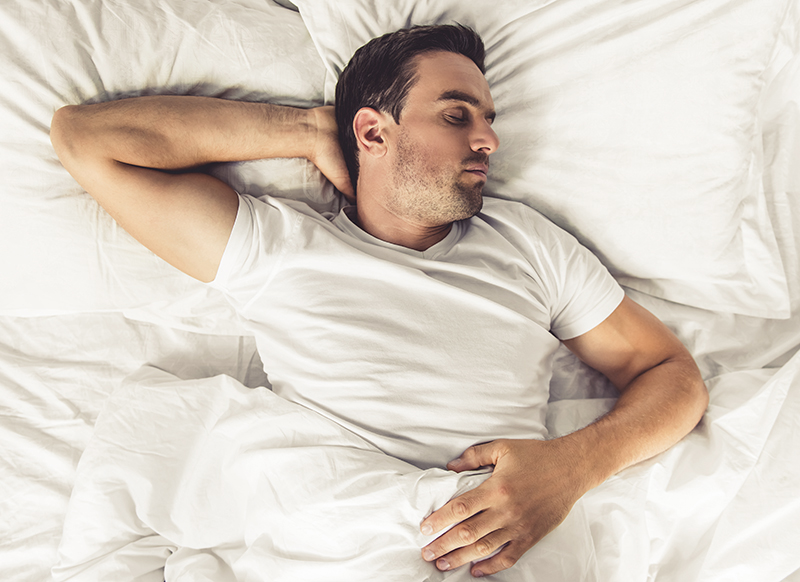
3) Take restorative naps
Taking naps is beneficial for athletes and can compensate for the lack of sleep hours, especially during intense competition periods or long-distance travels. Taking a 15 – 20 minute nap in the afternoon can help enhance alertness, decision-making, and regulate mood very well. Interestingly, extending sleep duration, accumulating sleep days before a major competition can help reduce pre-competition stress.
4) Address sleep problems promptly
Sleep problems can have a chronic effect on sports performance. If athletes encounter problems, don’t neglect them, consult with a coaching team right away as an overly intense training program or training too early or too late can cause sleep problems. If the issue cannot be resolved, it’s recommended to see a doctor to find the cause and get prompt treatment. Nowadays, there are various medications that help with sleep for athletes without posing harm or being stimulants.
Besides regular exercise and eating according to nutritional guidelines for good health, having enough and efficient sleep is also very important for both athletes and the general public.



